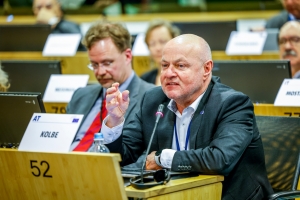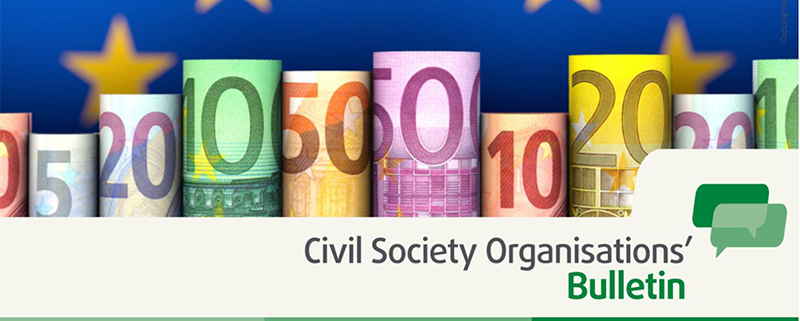Im CSO-Bulletin September 2025 ist folgender Beitrag von Baurat h.c. DI Rudolf Kolbe anlässlich des 40. Jahrestages von Schengen enthalten.
Die gesamte Ausgabe finden Sie HIER
CURRENT AFFAIRS: Schengen is Europe – and Europe needs Schengen!
 „It’s Schengen’s birthday! In 1985, when five countries – including Germany and France – laid the foundations of the Schengen Agreement in the small Luxembourgish village of the same name, they were betting on the future. Today – 40 years later – we are able to travel around freely: we don’t have to stop at border controls, nor do we need stamps in our passports. What an achievement! And yet I have the feeling that we have forgotten what it means for us.
„It’s Schengen’s birthday! In 1985, when five countries – including Germany and France – laid the foundations of the Schengen Agreement in the small Luxembourgish village of the same name, they were betting on the future. Today – 40 years later – we are able to travel around freely: we don’t have to stop at border controls, nor do we need stamps in our passports. What an achievement! And yet I have the feeling that we have forgotten what it means for us.
For me, Schengen stands for freedom: the freedom to visit people, do business, experience different cultures – without having to worry about border controls. For commuters, Erasmus students, families with relatives on different sides of borders – Schengen is part of daily life. It is the most tangible symbol of European integration. So it is all the more painful for me to see how it is now being hollowed out, step by step.
An increasing number of Member States are relying on internal border controls, within the European Union. Migration, terrorist threats, the COVID-19 pandemic – the list of reasons they give is long. We do of course have to take these matters seriously. But I firmly believe that erecting barriers at borders again is not the answer. Anyone who believes that countries have to go it alone in order to ensure their security is in the long run jeopardising precisely what protects us: trust and European solidarity.
And something that is particularly worrying me is that increasingly, domestic policy motives are being used to justify border controls. A few headlines, a few pictures of stern-looking officials – and there you go: a country has demonstrated it has a tough national approach! But this doesn’t solve the real problems. We need a European migration policy that works – not permanent emergency management at internal borders. Otherwise, there is a risk of triggering a domino effect that erodes Schengen slowly but surely.
It is precisely for this reason that the resistance displayed to Romania and Bulgaria joining Schengen has always been of great concern to me. I am glad that earlier this year my home country, Austria, finally paved the way for those countries to join. Better late than never. This act not only demonstrated European fairness, it also sent out a long-overdue signal to the effect that we stand by our pledges.
In doing so, we should not overlook the fact that Schengen is more than open borders. Police and judicial cooperation works – and shows that, if we want them, European solutions are indeed possible.
I am firmly convinced that Schengen is the centrepiece of Europe. Without Schengen, Europe loses not only its pace of progress, but also its soul.
And Europe without a soul – we just can’t allow that to happen!“



